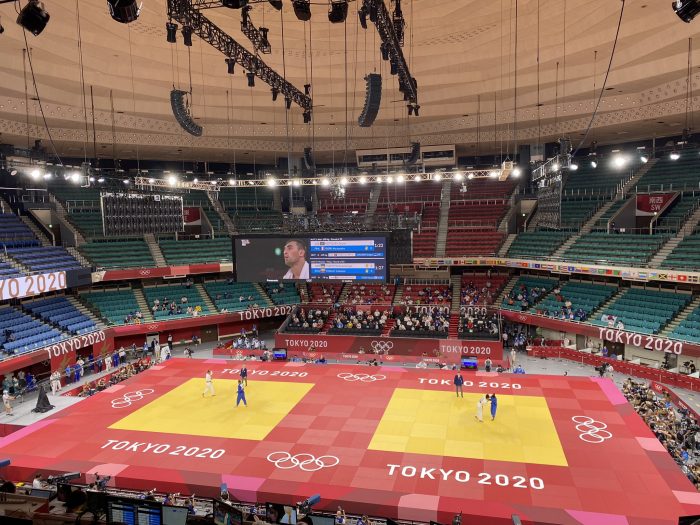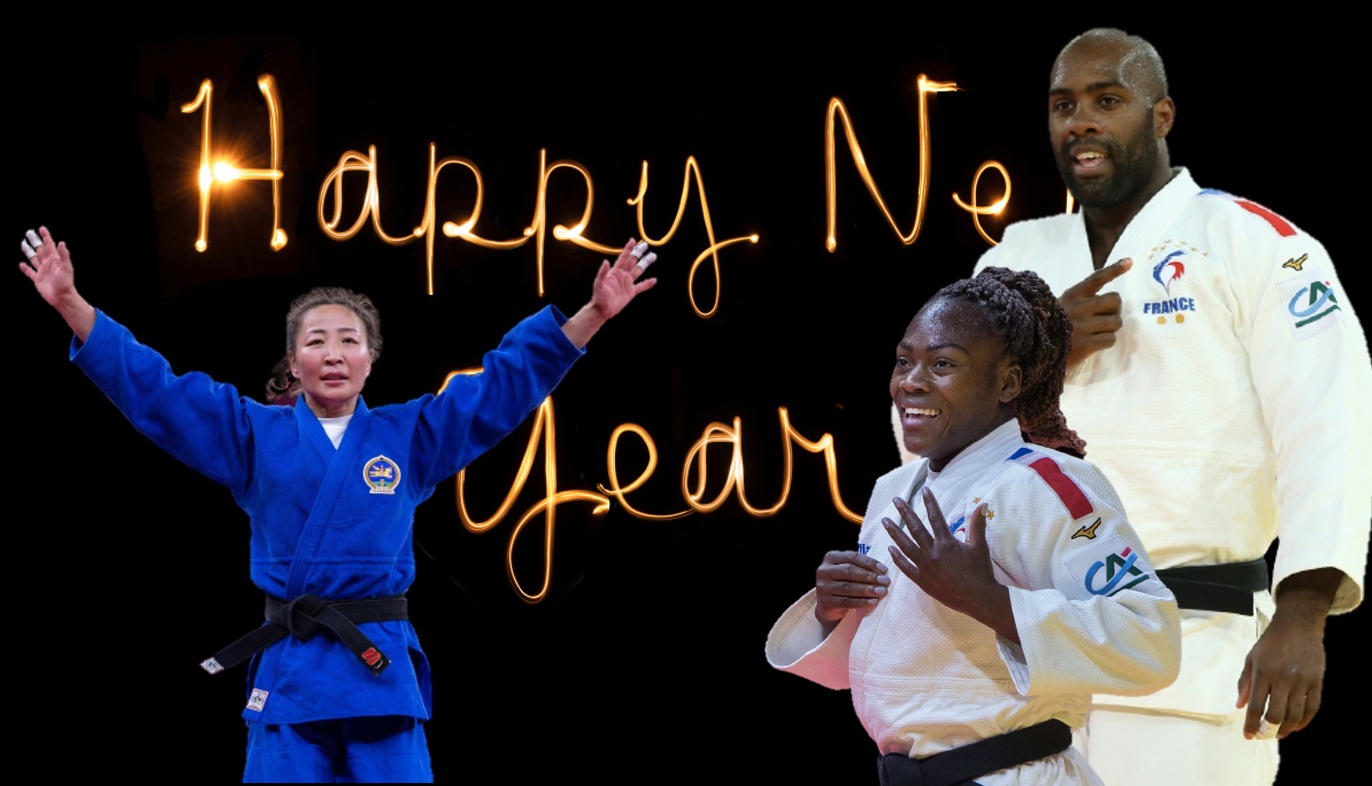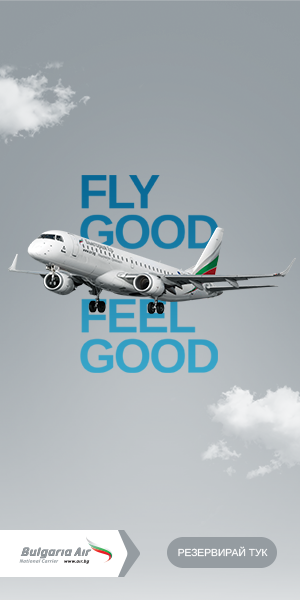There are 14 IJF World Ranking leaders who will received US$ 10,000. It is a similar amount as in 2018 and 2019. In 2017 even 50,000 USD per athlete per category was awarded, reminds Judo Inside.
Clarisse Agbegnenou who has been the most consist leader of the last year received a total of 90,000 USD since 2014. She is not the leader though as Mongolians Urantsetseg Munkhbat received 120,000 USD due to her leadership U48kg in 2014, 2015, 2016 and 2017 and Sumiya Dorjsuren who received 110,000 USD as she led the U57kg category for three years. Frenchman Teddy Riner top it though as he received awarding in 2014, 2015 and 2016 with a total of 140,000 USD.
Finishing the year as world number one always means a lot. First of all it tells a story of perseverance and dedication to a goal to be the best among the best, which is especially significant during an Olympic year.
It is not an award but a confirmation that things have been done correctly. Often that determination is not appreciated at its correct value because training every day and performing on a regular basis is considered ’normal’ for top athletes. The International Judo Federation does appreciate all the efforts made by athletes.
There are four French athletes, two Georgians, two Russians and two Kosovars. Taipei, South Korea, Uzbekistan and Croatia complete the list, each with one representative. This is judo: diversity and universalism.
The first IJF event of the season, will be the Odivelas Grand Prix in Portugal, which will take place from 28th-30th January. Odivelas has been a European Open event.




